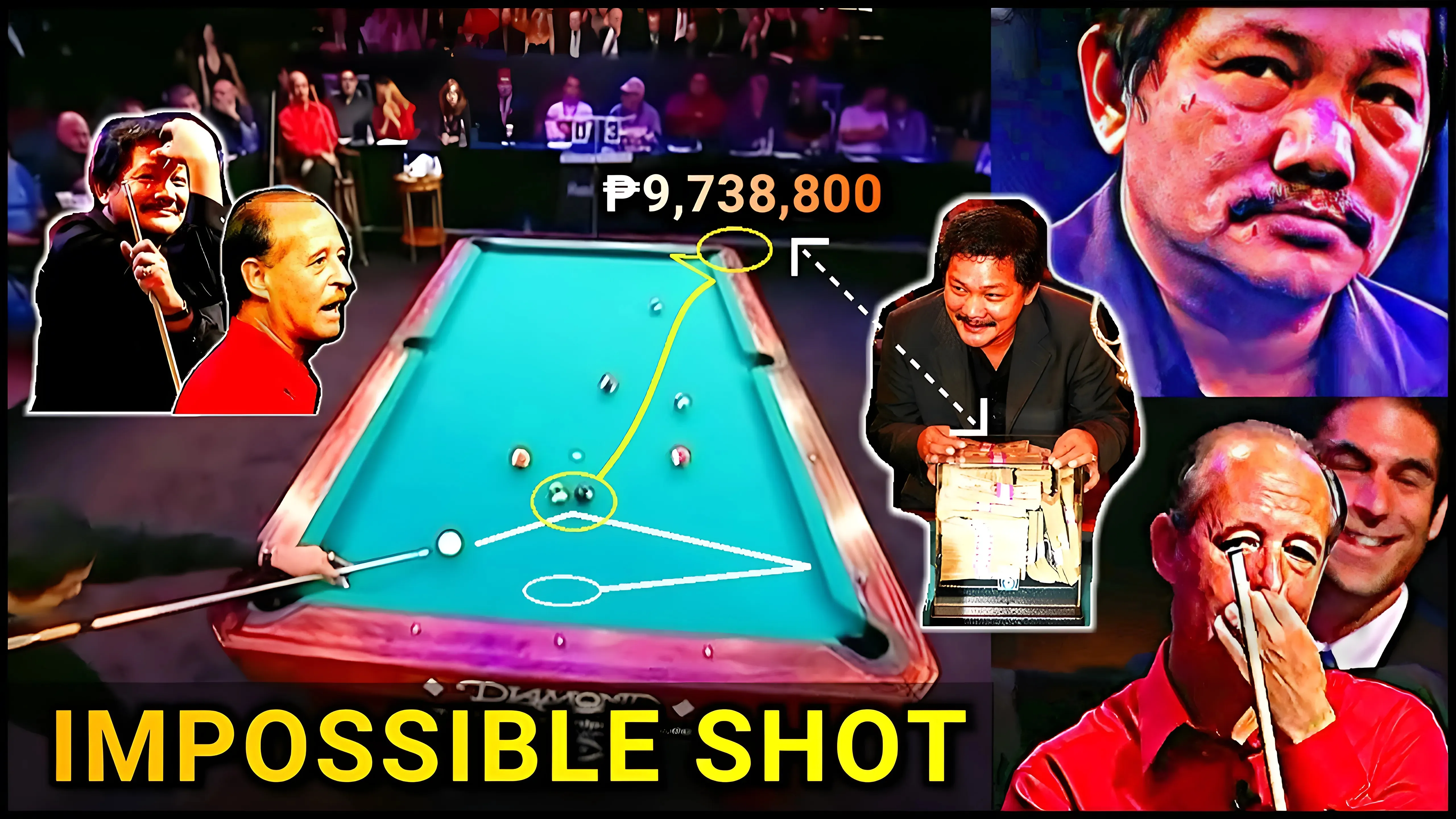Ronnie O'Sullivan, often referred to as "The Rocket," is not only a snooker legend but also a testament to the power of resilience and the transformative effect of sports on mental health.
His journey through the highs and lows of professional snooker, coupled with his personal struggles, paints a vivid picture of how passion, dedication, and a bit of magic on the billiards table can help overcome life's most daunting challenges.
Born on December 5, 1975, in Wordsley, England, Ronald Antonio O'Sullivan showed an early aptitude for snooker. He was introduced to the sport by his father, Ronnie O'Sullivan Sr., who recognized his son's natural talent and nurtured it.
By the age of 10, O'Sullivan had already compiled his first century break, showcasing his prodigious skills. His early successes in junior tournaments set the stage for a stellar career, but his path was far from smooth.
O'Sullivan turned professional at the age of 16 and quickly made a name for himself. His rapid playing style and exceptional talent earned him the nickname "The Rocket."
VIDEO :
In 1993, at just 17, he won his first professional ranking tournament, the UK Championship, becoming the youngest ever winner of a ranking title.
His victory was a clear indication of his potential to dominate the sport, but it also brought immense pressure and expectations.
Despite his success, O'Sullivan's career has been marred by battles with mental health issues. The pressure to perform at the highest level, combined with personal problems, led to bouts of depression and anxiety.
His father's imprisonment in 1992 for murder significantly impacted him, adding to his emotional turmoil. O'Sullivan has been open about his struggles, admitting to using drugs and alcohol to cope with the stress and depression during the early years of his career.
In his autobiography, "Running," O'Sullivan candidly discusses his mental health challenges and how they affected his life both on and off the table.
He describes the intense pressure of maintaining his status as one of the world's best players and how the sport, at times, felt like a double-edged sword.
While snooker provided him with an outlet and a sense of purpose, the relentless competition and scrutiny also exacerbated his mental health issues.
The turning point in O'Sullivan's life came when he decided to seek professional help. He underwent therapy and began to adopt a healthier lifestyle, including regular exercise and better dietary habits.
Running, in particular, became a significant part of his routine, providing him with a way to clear his mind and manage stress.
His passion for running even led him to participate in several long-distance races, further illustrating his commitment to improving his mental well-being.
With his mental health under better control, O'Sullivan's performance on the snooker table also improved. His natural talent, combined with renewed focus and determination, saw him achieve remarkable success.
He won the World Snooker Championship five times, in 2001, 2004, 2008, 2012, and 2013, solidifying his place among the greatest players in the history of the sport.
His ability to produce moments of sheer brilliance, often under immense pressure, became a hallmark of his career.
O'Sullivan's style of play is characterized by its speed and flair. He holds the record for the fastest maximum break, a 147, completed in just 5 minutes and 8 seconds during the 1997 World Championship.
This incredible feat is a testament to his extraordinary skill and quick thinking. His ability to see and execute complex shots with precision has made him a fan favorite and a legend in the sport.
Beyond his achievements on the table, O'Sullivan's influence on the sport of snooker is profound. He has inspired a new generation of players with his innovative approach and charismatic personality.
His willingness to speak openly about his mental health struggles has also helped to destigmatize the issue, encouraging others in the sports community to seek help when needed.
O'Sullivan's contributions to snooker extend beyond his playing career. He has worked as a television pundit, providing insightful commentary and analysis, and has authored several books, including instructional guides on snooker.
His efforts to promote the sport and share his knowledge have further cemented his legacy as an ambassador for snooker.
Away from snooker, O'Sullivan is known for his diverse interests and talents. His passion for running is well-documented, and he often speaks about the positive impact it has on his mental health.
He has also shown a keen interest in cooking, having appeared on various cooking shows and authored a cookbook.
O'Sullivan's love for literature and writing is evident in his autobiographies and fiction novels. His foray into the world of crime fiction with his book series "Framed" showcases his creativity and storytelling abilities. These pursuits outside of snooker highlight his multifaceted personality and his drive to explore new avenues.
Ronnie O'Sullivan's journey through the world of snooker is a compelling story of triumph over adversity. His ability to overcome personal struggles and mental health challenges while achieving unprecedented success in his sport is an inspiration to many.
O'Sullivan's career is a testament to the power of resilience, the importance of seeking help, and the transformative effect of passion and dedication.
His legacy in snooker is not just defined by his titles and records but also by his impact on the sport and his willingness to share his personal journey.
Ronnie O'Sullivan remains a towering figure in the world of snooker, a symbol of excellence, and a beacon of hope for anyone facing their own battles. His magic on the billiards table and his story of overcoming stress through his love for the game will continue to inspire future generations.




